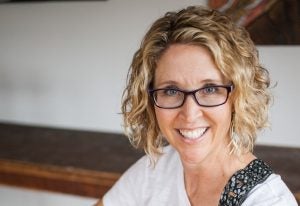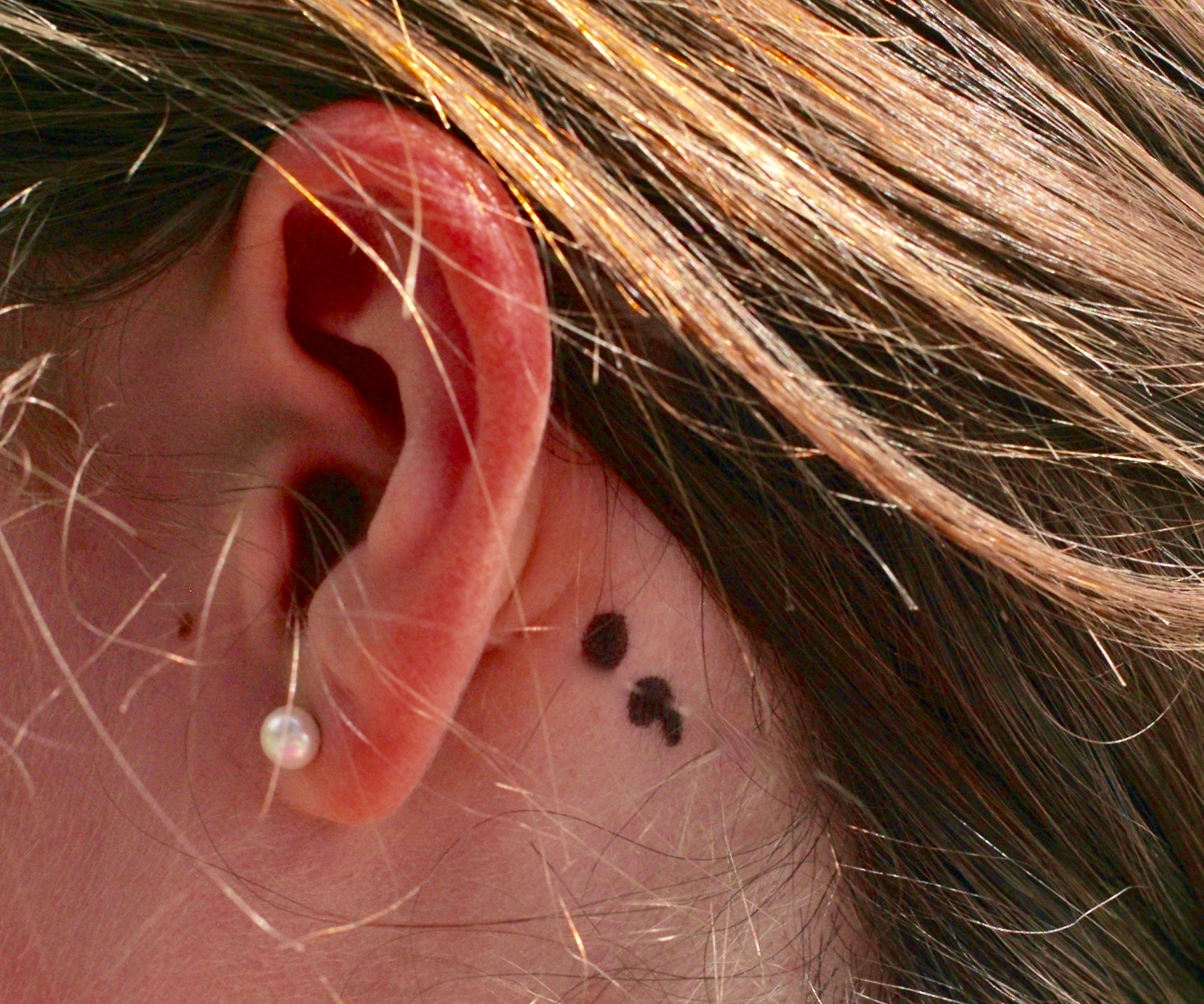Remembering Tony and fighting the stigma
Published 9:34 am Saturday, June 23, 2018
I fell in love with Anthony Bourdain on a Hawaiian beach.
A friend had loaned me her paperback copy of “Kitchen Confidential” and I vividly recall reading a particular page. I earmarked it, read it aloud to David. “He gets it,” I said. “Not just about the food. But about how cuisine helps us experience life. He’s not a tourist, he’s a traveler, ” offering him one of my highest compliments.

Erin Smith
That book was a gateway drug. By the time Bourdain’s shows “A Cook’s Tour,” “No Reservations” and “Parts Unknown” started airing, our days were filled trying to keep a baby alive and we didn’t have the time, money or energy to world travel anymore.
Bourdain’s shows were substitute travel porn; we DVRed them religiously. David would cook some fabulous meal, and we would be transported to the furthest corners of the earth.
Bourdain was in Singapore that week? Garlic noodles and Tiger beer. Sicily meant Pasta Pomodoro and Chianti. The Bronx was, predictably, pizza.
I remember how stumped we were as to what to cook the week Bourdain took us to Iceland. We settled on cocktails on the rocks (ice, get it?) and grilled fish.
It turns out our meal was far better than what Bourdain was served. The look on his face when he eats shark meat that was fermented and buried for several months remains one of my favorite television moments.
Those shows gave me new bucket list destinations and David new recipes to try.
A few years ago, Bourdain was signing his book “Medium Raw” at Joseph-Beth Booksellers in Lexington, so David and I roped my parents into going. As we entered, my dad saw Bourdain at the bottom of the escalator we were descending and screamed, “Tony!” as if they were long lost friends.
His closest friends on TV always called him Tony, so he was Tony in our hearts. To his credit, Bourdain was gracious and lovely, smiling and chatting as if we were, indeed, the very best of friends.
It’s this moment that I am playing on a loop since I read of Bourdain’s suicide. My father’s face lighting up as he met Anthony Bourdain and that, in our hearts, we were already on a nickname basis.
This was Bourdain’s greatest gift. He made everyone in the world feel like they knew him, could trust him. Bourdain introduced us to people and places through food. He was real, honest and just the right amount of foul-mouthed rock star.
He seemed open, curious and genuinely delighted by life in a way we rarely see in celebrities.
Only he wasn’t. Though he had spoken before about his addictions, recovery and persistent depression, no one around him suspected the level of pain he was had.
When a celebrity commits suicide, fans are left feeling confused, angry and sad. It appeared Bourdain had it all. A loving girlfriend. A beautiful daughter. Great friends. A successful, kickass job that offered equal parts esteem and money.
We think, if he can’t be happy, what chance do the rest of us mere mortals have for a fulfilling existence?
So what’s the point? It comes back to disconnection. I can speak to crippling depression because it lives in my house. My husband suffers from bipolar disorder. It comes and goes over the years, sometimes deeply impenetrable for months at a time, sometimes only a pessimistic worldview.
When it shows up, it brings ugly houseguests: mood swings, low motivation, insomnia, weight loss and that most
unwelcome party crasher of all, the panic attack.
This might surprise you. I don’t write about it often because we, as a society, still judge those with mental illness. We live in the South, where polite society doesn’t air its dirty laundry.
That idea, unfortunately, prevails. What is the right amount of crazy I can write about without changing your opinion of my lovely husband, without asking him to don the mantle of shame?
We say you are not alone, but we treat those with mental illness as if they are. Their truths make us uncomfortable. We fear their crazy might be catching, cross the mental street to avoid looking mental illness in the face.
I bet Anthony Bourdain was tired of being told you are not alone. Because wasn’t he?
Aren’t we all, more and more? We have lost our connection to each other; have become ever more solitary. Our days are spent increasingly online and decreasingly in real life. We move ever away from the collective good, ever away from cultivating a network of real support.
Social isolation is its own horrific form of mental illness. Without a support network, we are all alone. And there is nothing more hopeless than feeling alone.
It is a national imperative to prevent more suicides. According to the Centers for Disease Control, suicide is the 10th leading cause of death in the United States, and attempts occur across race, age and cultural lines.
Getting a semicolon tattoo, sharing a hotline number or donating to #mission22 is a brilliant first step, but it must run deeper than that. If we are to stop suicides, then we must start turning outward, having authentic community conversations about anxiety, depression and suicide.
Remove the stigma and increase our understanding. Blame and judgment are not solutions; they only shut down our shared growth. When we start to normalize the issues of social isolation, mental illness and suicide, we start to change them.
I greatly treasure the few moments I shared with Bourdain and remember that his whole life was about trying to better understand other people.







